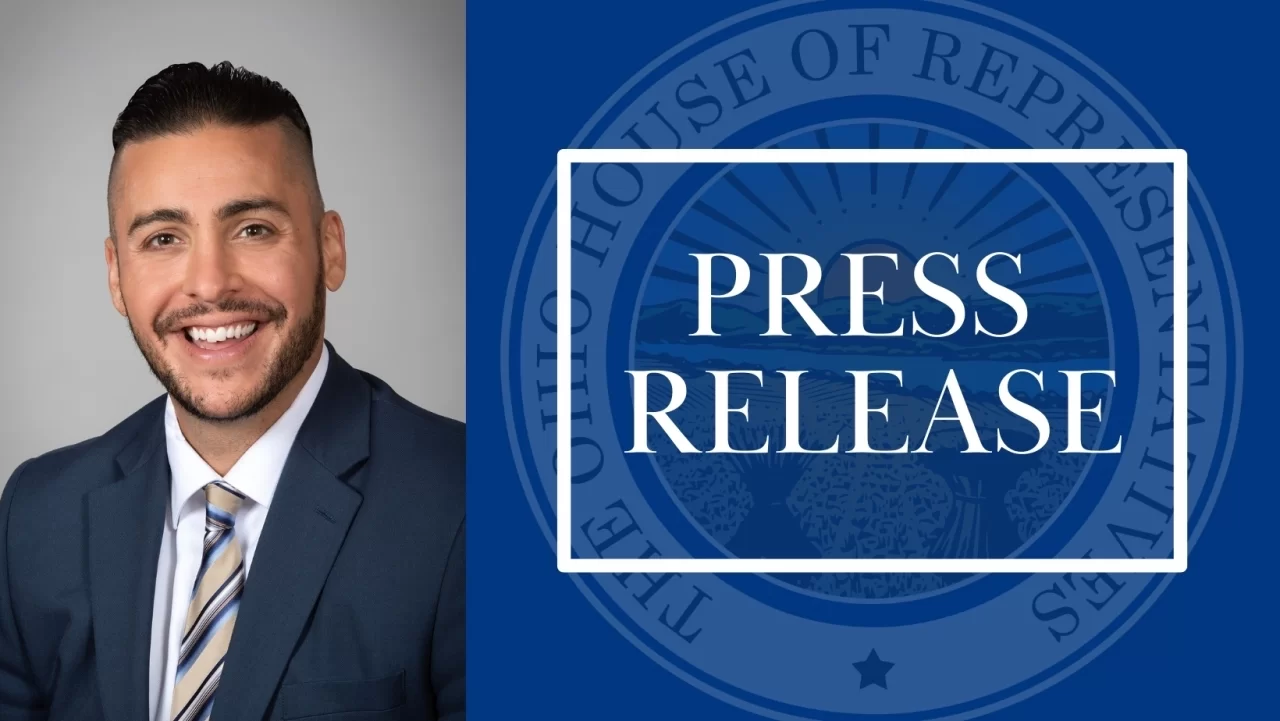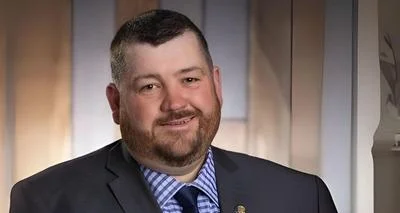Justin Pizzulli Serves the People of Ohio | https://ohiohouse.gov/assets/press-releases/116965/files/scaled-images/large/15352.jpg
Justin Pizzulli Serves the People of Ohio | https://ohiohouse.gov/assets/press-releases/116965/files/scaled-images/large/15352.jpg
On Sep 29th, Ohio State Representative Justin Pizzulli, in collaboration with Representative Adam Mathews, has introduced House Bill 272, proposing to grant local governments the discretionary power to authorize concealed carry within specific community centers. This legislation, aimed at preserving Ohioans' Second Amendment rights, offers local authorities the choice to determine whether concealed carry should be allowed in general-purpose community spaces used for community gatherings. The bill outlines specific conditions for concealed carry permission, such as the absence of a designated courthouse, local government jurisdiction, non-session court activities, and the enactment of an ordinance by the local government for non-court-related purposes in the building. House Bill 272 awaits review by the House Government Oversight Committee.
According to Ohio State Representative Justin Pizzulli, "This legislation empowers our local governments and protects Ohioans’ Second Amendment rights." He further explains, "If a building is being used for the purpose of a community gathering space, local governments should have the option to allow their constituents to exercise their rights in the same way they are able to in every other community space."
House Bill 272, introduced by Representative Pizzulli and Representative Mathews, aims to grant local governments the discretionary authority to permit concealed carry within certain community centers, offering a balanced approach to uphold Second Amendment rights while providing local flexibility.
Under Ohio's current laws, concealed weapons are prohibited in buildings containing courtrooms, regardless of courtroom activity. House Bill 272 lays out specific conditions under which concealed carry could be permitted in such buildings, including requirements that the building is not designated as a courthouse, falls under local government jurisdiction, and is not in session for court proceedings. Additionally, the bill mandates that local governments must enact ordinances allowing concealed carry for non-court-related purposes, ensuring that the decision remains within the purview of local authorities.
House Bill 272 is currently being reviewed by the House Government Oversight Committee, making it a significant potential change to Ohio's concealed carry regulations and attracting attention from various stakeholders with differing views on gun rights expansion.
In Ohio, there are strict regulations governing the carrying of firearms in various locations. Generally, firearms are prohibited in courthouses and buildings with courtrooms, except under limited circumstances. Additionally, restrictions apply to places like airport passenger terminals, law enforcement offices, places of worship (unless permitted), government facilities, mental health facilities, areas prohibited by federal law, and establishments serving alcohol. Private property owners can also prohibit firearms through posted notices, while certain places like parks, hospitals, gambling facilities, and polling places have no specific state laws against firearms, though administrative regulations may apply in some cases.
Citizens in Ohio have the right to openly carry firearms without requiring a concealed carry permit, unless they are in prohibited areas. As of June 2023, individuals who are 21 and meet eligibility criteria can also carry concealed firearms without a permit, allowing for discreet carry within clothing or bags. However, specific places such as government property, schools, post offices, and private businesses that ban firearms are restricted zones, necessitating vigilance when carrying a firearm.
To avoid legal complications while armed, it is crucial to comply with "No Guns Allowed" signs and refrain from carrying into prohibited areas. Failing to disclose information about a concealed weapon when asked by law enforcement can result in criminal charges. Carrying a firearm while under the influence or in locales with a type D liquor license is against the law. Possessing a concealed carry permit, although no longer obligatory, is advisable as it can help navigate legal intricacies when traveling to states lacking open carry provisions.
Ohio imposes restrictions on firearm ownership for individuals convicted of violent or drug felonies, those with specific mental health conditions, individuals declared mentally unfit by a court, chronic substance abusers, and fugitives from justice. Possession of illicit firearms can lead to felony convictions with penalties of up to 5 years in prison and fines of up to $10,000 per instance, underscoring the importance of seeking legal counsel promptly in firearm-related cases.






 Alerts Sign-up
Alerts Sign-up